Voices of International Students
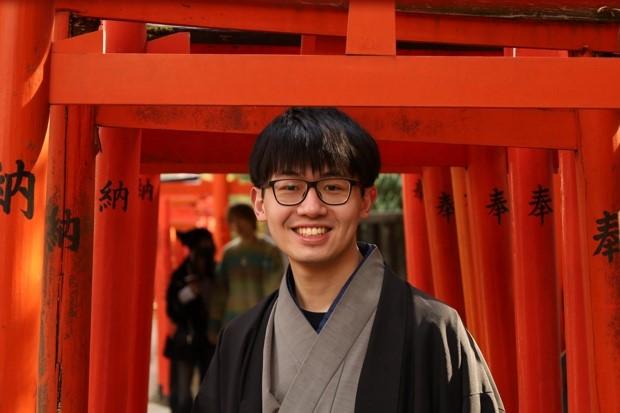
YU, CHENG-HAN
Master's Program in Biology, Degree Programs in Life and Earth Sciences, Graduate School of Science and Technology
From Taiwan
What do you enjoy about Tsukuba (University of Tsukuba and Tsukuba City)?
Tsukuba City is a beautiful city with broad green spaces and a slow lifestyle. I really enjoyed the atmosphere here. The faculty and administrators of the University did their best to help me in my daily life. Thanks to their kindness, I got used to living and studying in Japan shortly after my arrival. The University provided many 狗万app足彩,狗万滚球-taught courses, allowing international students like me to enjoy the knowledge and activities during classes. I also attended some courses taught in Japanese. The professors clearly depicted state-of-the-art scientific progress and technologies, and I found one of the meanings of learning Japanese in the classes. There was another phenomenon that I appreciated a lot during my stay in Tsukuba. Japanese drivers’ awareness of pedestrians quite amazed me. Road traffic safety made me feel easy when I was walking and cycling in Tsukuba.
What do you want to accomplish as a student of the University of Tsukuba during your study period?
I am a graduate student participating in a Double Degree Program between the University of Tsukuba (UT) and the National Taiwan University (NTU). My research is a collaboration project to establish a screening platform for neuroscience protein tools. I am the first student applying to the program, and it is the first collaboration between the two colleges. After finishing all the administrative procedures from admission to graduation, I can confirm all the details for future students applying to the same program. I wanted to provide my experiences to both universities and attract more students to bridge the communications and collaborations between UT and NTU. Interactions with the faculty and students here were my most important impetus to studying in Tsukuba. I wanted to get familiar with and make connections with Japanese academia. I also wanted to build connections between Japan and Taiwan laboratories. Japan and Taiwan have their respective talented students and resources. More cooperation and communication can inspire ideas and contributions to the progress of science.
-

RIBEIRO FALC?O LORRANA
From Brazil
-

VICTOR MASSAKI NAKAGUCHI
From Brazil
-

RIYAM MOTEA AL-RAABEA
From Iraq
-

ASYRAF KAZUKI BIN ABDUL ZAKI
From Malaysia
-

CHUN PI HSIEH
From Taiwan
-

EI YADANAR MAUNG
From Myanmar
-

LIANG LIU
From China
-

EMMA ROSE DANGERFIELD
From Australia
-

IBRAHIM AKID
From Tunisia
-

LEYUN HUANG
From China
-

HYOWON LEE
From Korea
-

ZACHARY JAMES YOSHIOKA
From USA
-

NIMISH SUDHIR GODSE
From India
-

HASINI NIMANTHI KATIYAPE SAMARASEKARAGE
From Sri Lanka
-

MURAN XU
From China
-

YANG HU
From China
-

TE-YU HUANG
From Taiwan
-

SHAFIQULLAH YOUSAFZAI
From Afghanistan
-

QI SHI
From China
-

MYLES
From USA
-

ISRAT JAHAN
From Bangladesh
-

SOTHEARITH ENG
From Cambodia
-

FELIX COOMBER
From UK
-

WAI PHYO THU
From Myanmar
-

SRINITHI ASHOK KRISHNASWAMY
From India
-

SACHI JOCHI
From Japan/India
-

PING HUAN WANG
From Taiwan
-

NGHI NGUYEN BAO
From Vietnam
-

GUANGQI AN
From China
-

HELIO NONOSE
From Brazil
-

TAO LENG
From China
-

INSYIRAH
From Malaysia
-

ARAMAKI, CAUE SINGO
From Brazil
-

SUHARMAN
From Indonesia
-

NG RAY SHAN
From Singapore
-

DU XIN
From China
-
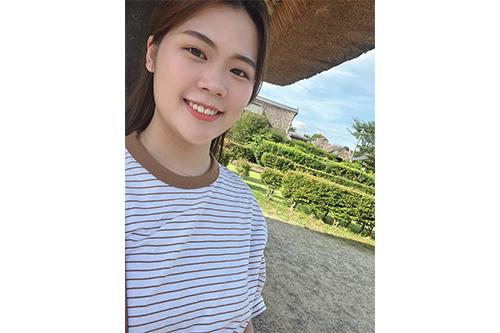
YINA SHIN
From Korea
-
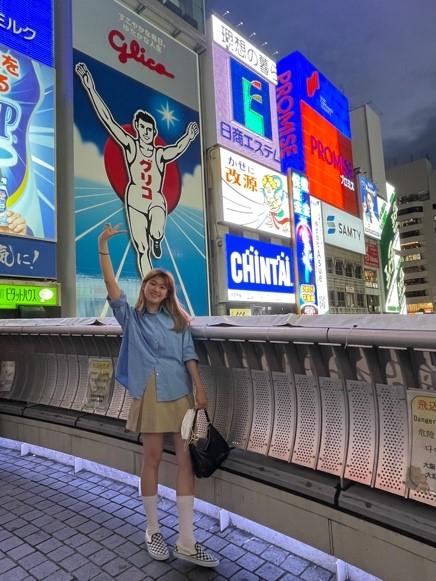
JOOEUN YOON
From Korea
-

REN YIHAN
From China
-
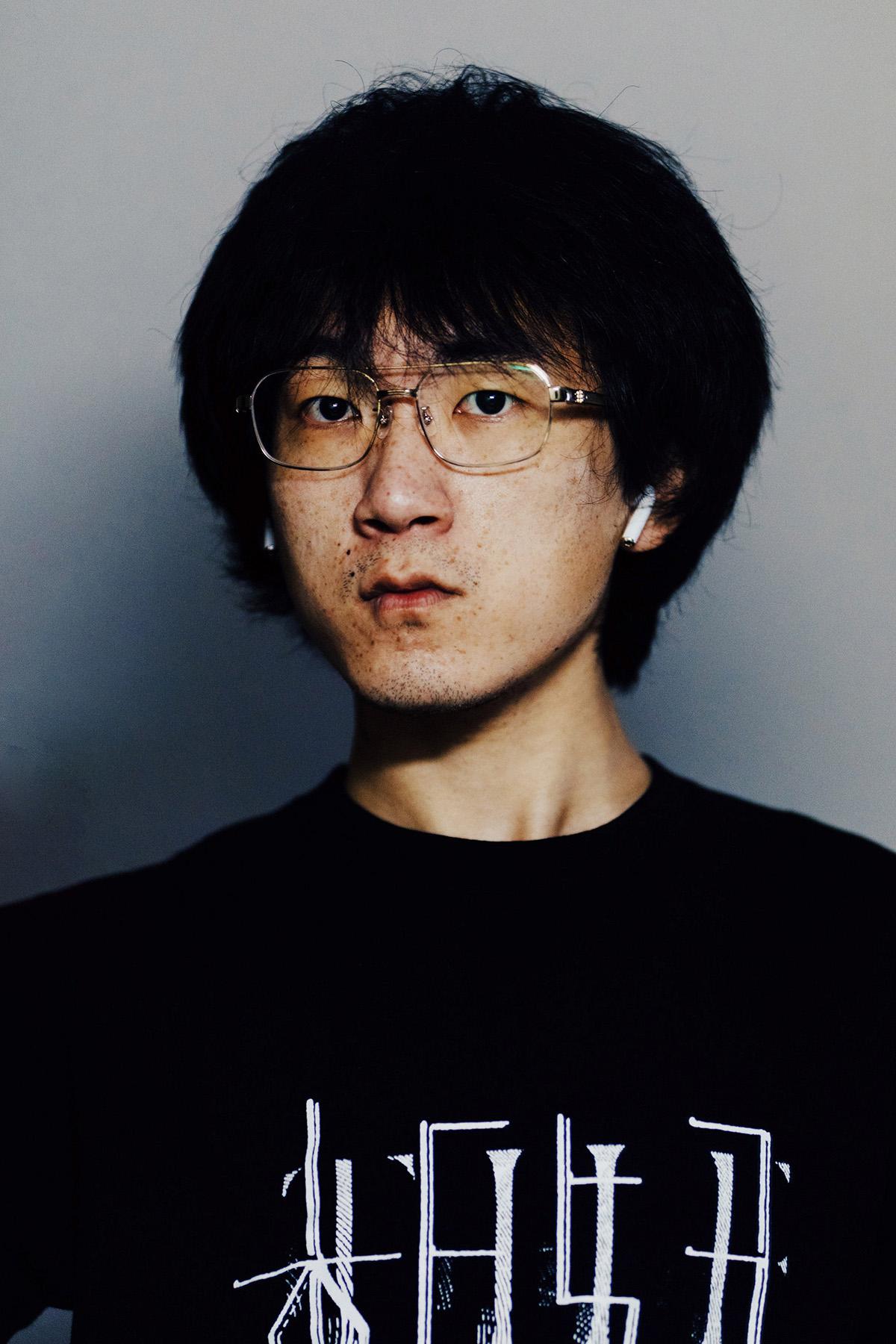
MENG LIYUAN
From China
-

WU BOQIAN
From China
-

YU, CHENG-HAN
From Taiwan
-

PARK KIWON
From Republic of Korea
-

CHEN MIN
From China
-

CHAEYEON LEE
From Republic of Korea
-

ELIZABETH BERGEN-BARTEL
From USA
-

LIAO, HSIN-YEN
From Taiwan
-
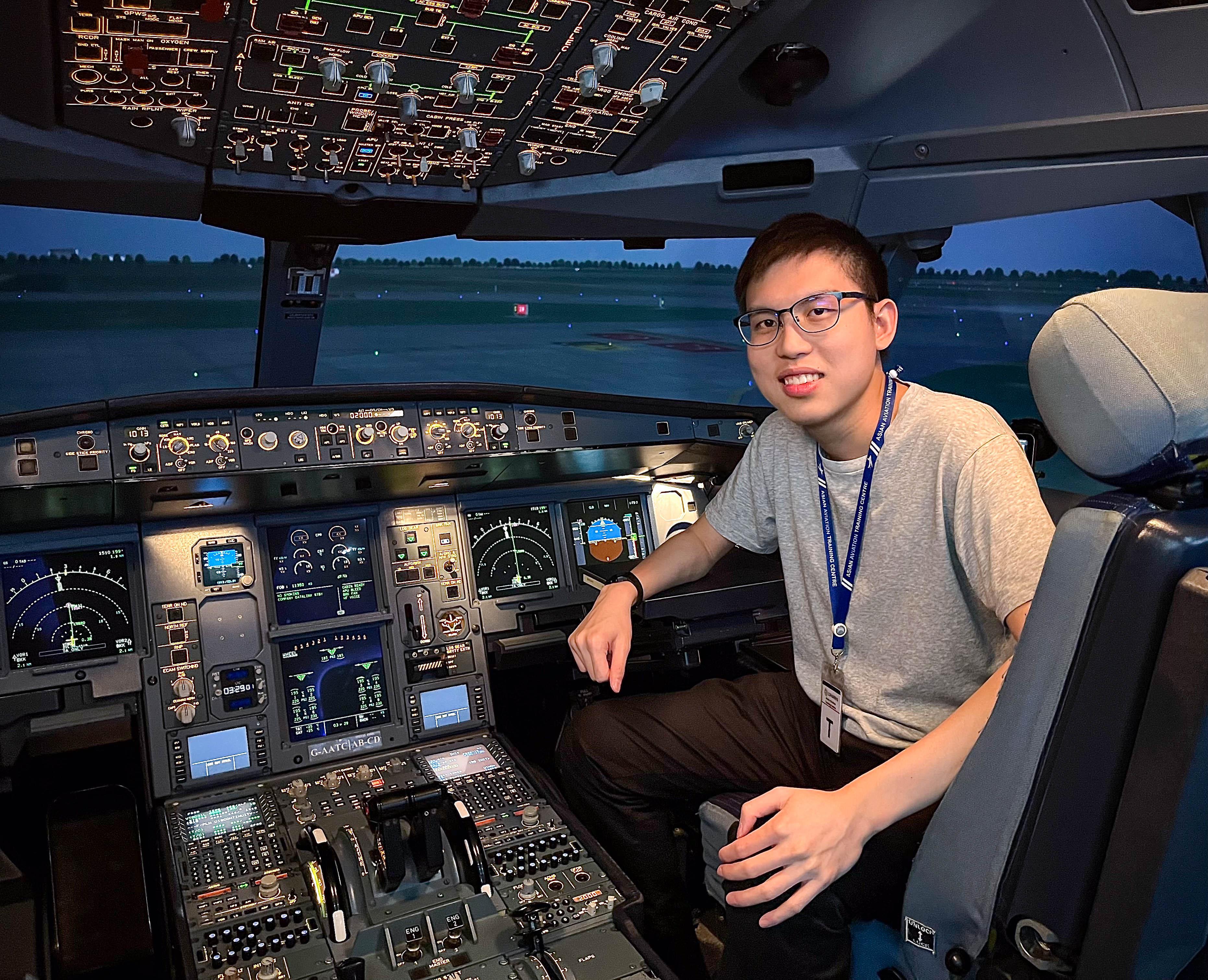
PAKORN WANGSUEKUL
From Thailand
-

NGUYEN THUY ANH
From Vietnam
-
LAN CHI
From Vietnam
-
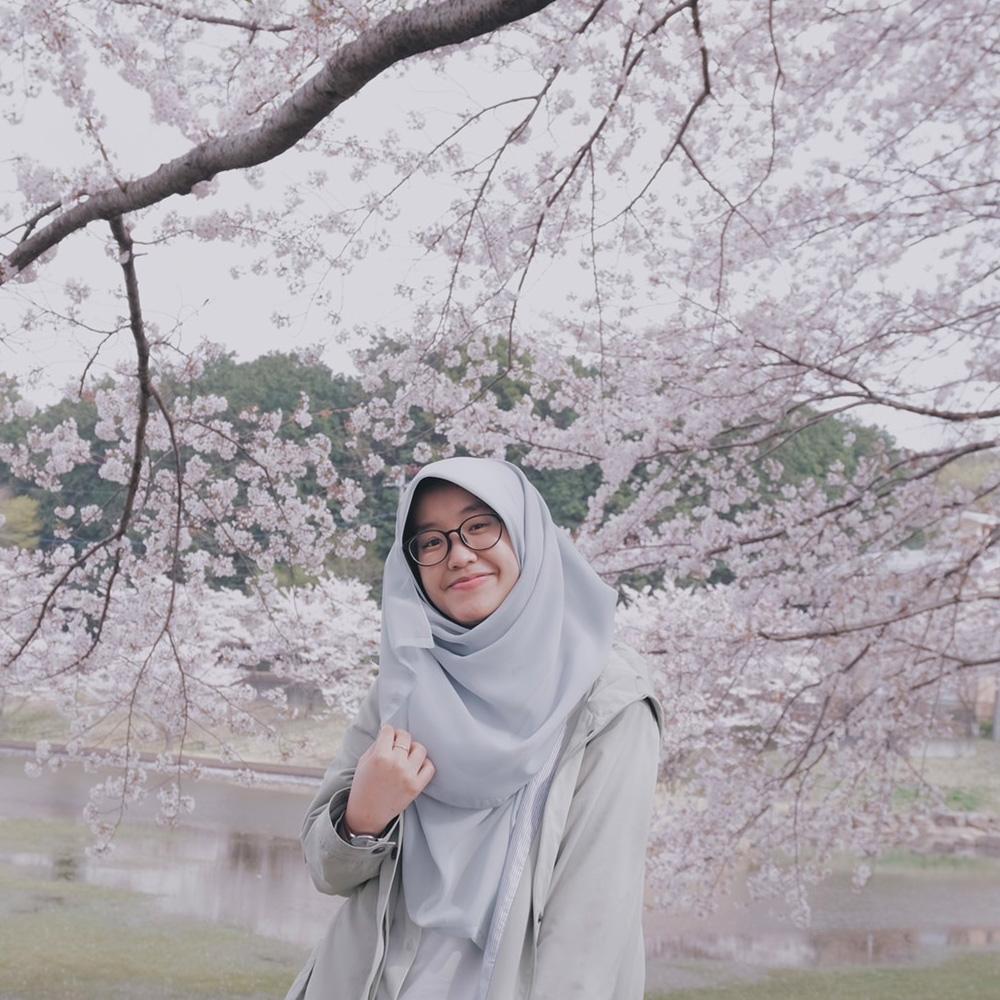
NADIA HASNA KARIMAH
From Indonesia
-
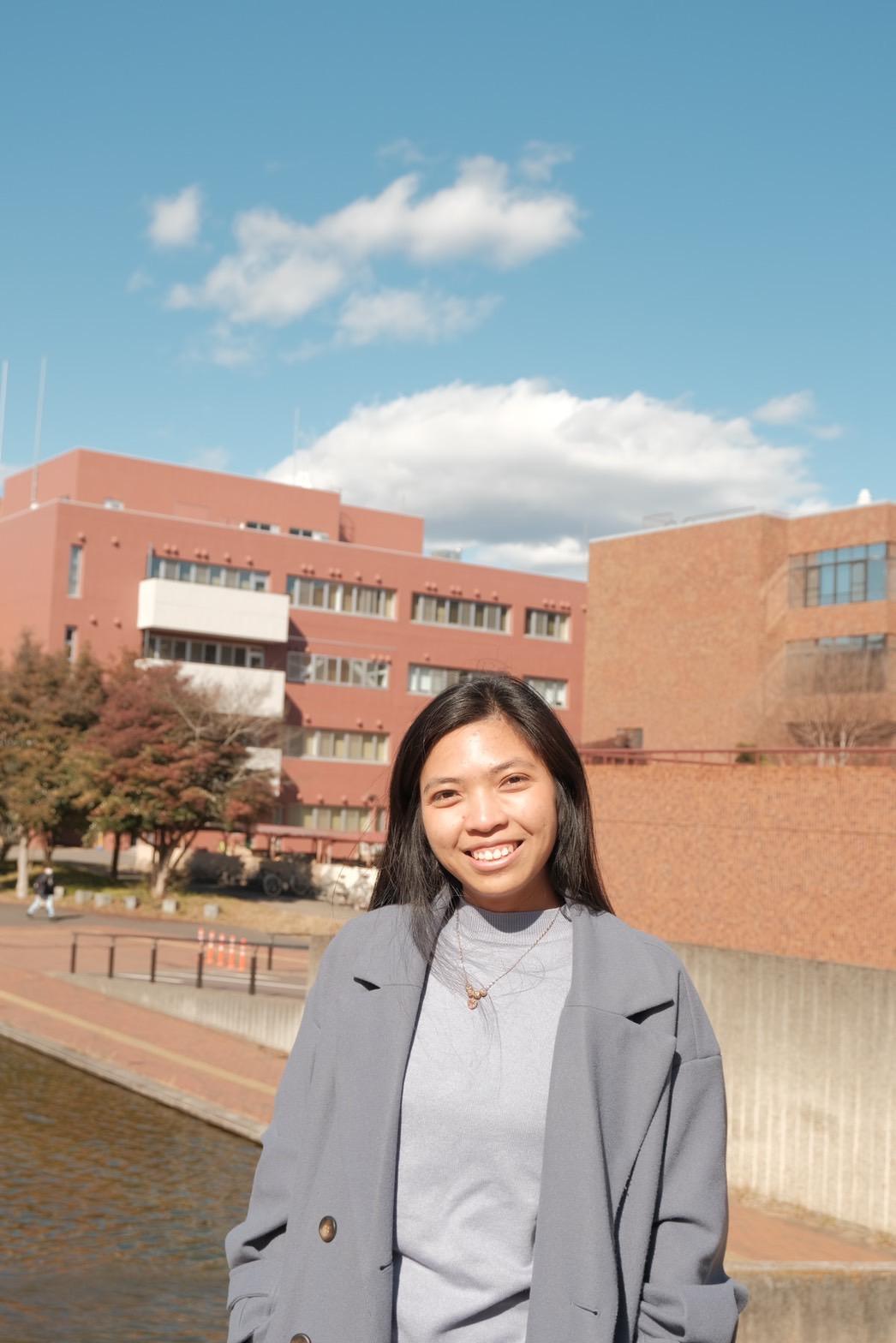
HNIN OO
From Myanmar
-

KAWTAR
From Morocco
-

NA
From China
-

AFSARI
From Bangladesh
-

REZA
From Indonesia
-

YOLANDA GRA?A
From Angola
-

ADOM
From Ghana
-

SUDHIR
From India
-

MIKI
From Mongolia/Japan
-

AISANA
From Kazakhstan
-

VITHOR SILVA
From Brazil
-

CHINMAY
From India
-

JEE
From Thailand
-

ISLA
From Taiwan
-

MIVE
From Turkmenistan
-

LAURA
From Argentina
-

SERGIO
From Colombia
-

LENNY
From India
-

ZHANAR
From Kazakhstan
-

PENG
From Malaysia
-

RAVI
From Nepal
-

SUNITA
From Nepal
-

ATOM
From Thailand



